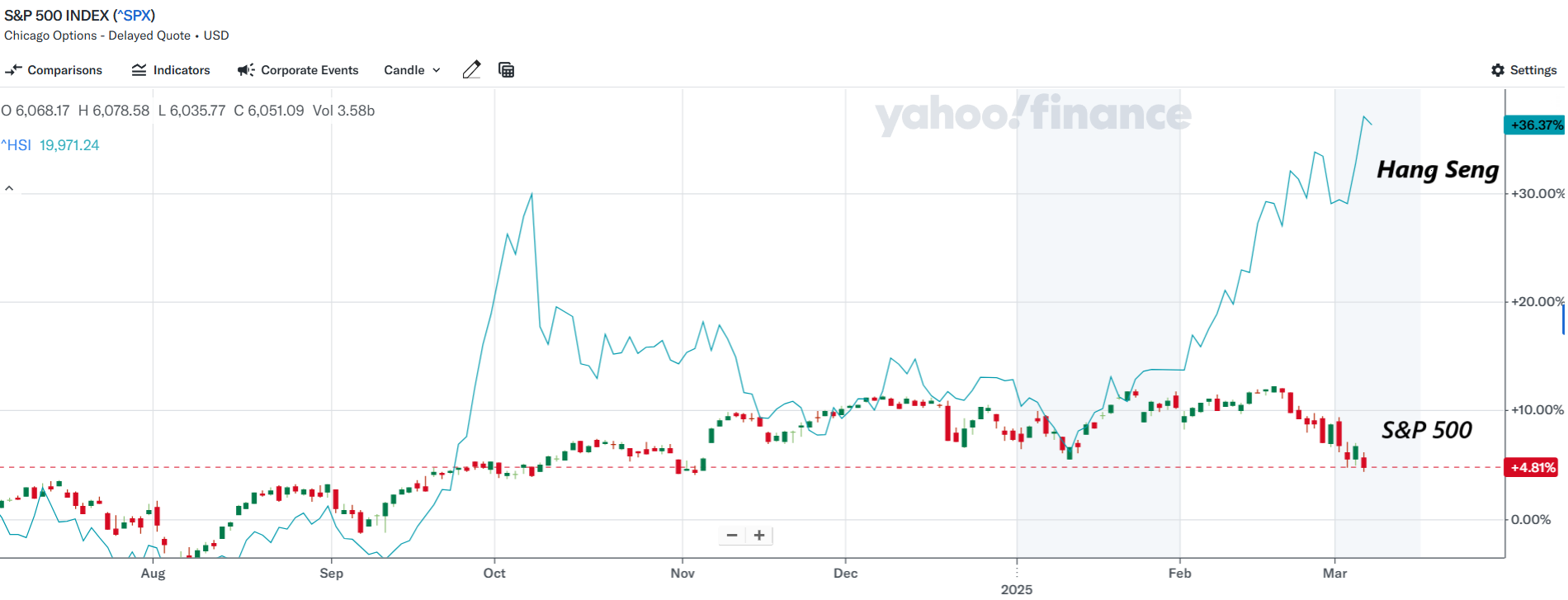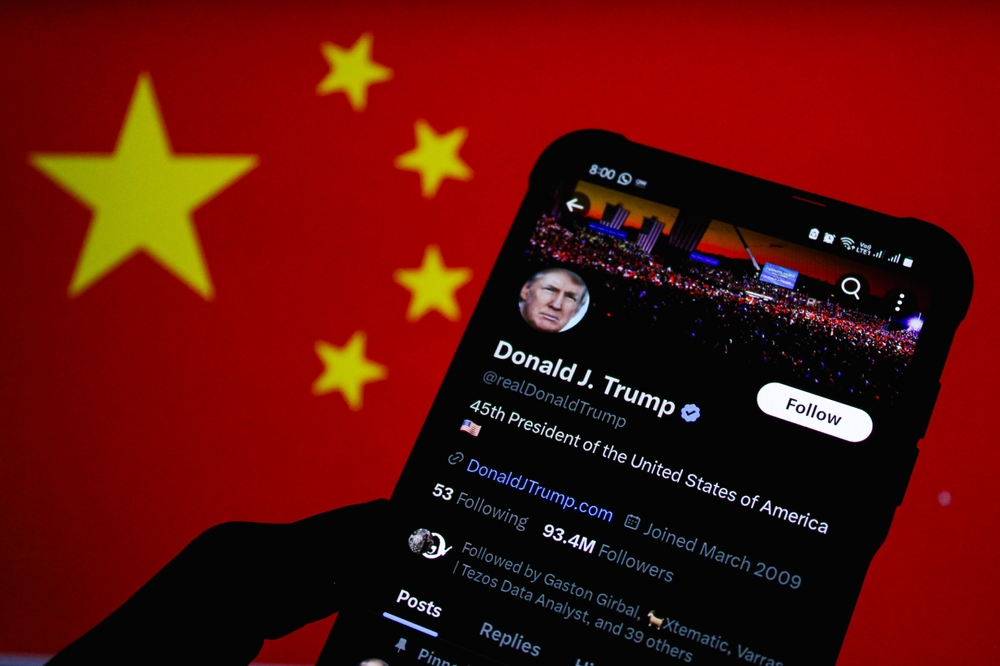
Source: Yahoo Finance
The Expansion of Tech Investment Fund
In a move to strengthen its technological edge, China announced on Thursday the expansion of a government-backed fund by 500 billion to 1 trillion yuan ($138.01 billion) in support of technology startups. Zheng Shanjie, head of China's state planner, emphasized that the National Venture Capital Guidance Fund will prioritize investments in high-tech industries, including semiconductors and renewable energy.
This initiative aligns with China's broader strategy to enhance self-reliance in key technological sectors and reduce dependency on foreign innovations, as we have seen with DeepSeek. The fund will support early-stage and startup companies focusing on cutting-edge fields such as artificial intelligence, quantum technology, and hydrogen energy storage. By fostering a robust innovation ecosystem, China aims to maintain its economic momentum and solidify its position as a global leader in advanced technology.
More Monetary Easing to Sustain Growth
Additionally, to fiscal stimulus, Chinese policymakers have indicated their readiness to implement further monetary policy easing if necessary. With the enlargement of the investment fund, Finance Minister Lan Foan and Central Bank Governor Pan Gongsheng reinforced the government's goal of sustaining a 5% economic growth rate for the year. To achieve this, the People's Bank of China is expected to cut interest rates and inject liquidity into the financial system by adjusting reserve requirements when deemed appropriate.
The PBOC's challenge remains balancing economic stimulus with currency stability. Amid rising U.S.-China trade tensions, maintaining a stable yuan is crucial for negotiations with the Trump administration, which has criticized China for currency devaluation. The officials also confirmed that the central bank's goal is to keep the yuan at a "reasonable and balanced level" while introducing new policy tools to support investment, consumption, and foreign trade.
Comparison to the US Policies
Market-friendly and reasonable policies announced by China are in direct contrast to harmful policies presented by the Trump administration, and it is most noticeable on the stock market. Since the start of 2025, the S&P 500 has declined by 2.5%, while the Hong Kong Hang Seng Index has surged by 21.6%.* Following President Trump's inauguration, the main U.S. index fell by nearly 4%, driven by uncertainty over new economic policies, the imposition of strict tariffs on key allies, and the administration's decision to halt all military aid to Ukraine. These developments have sparked investor concerns, resulting in market sell-offs and increased volatility.
On March 6, U.S. markets took another hit, with the S&P 500 dropping 1.8% and the Nasdaq Composite falling by 2.6%, marking a 10% decline from its record high.* Small-cap stocks fared even worse, with the Russell 2000 index down 7% year-to-date, signaling fears of an economic slowdown. Bond markets reflected a similar trend, as 10-year Treasury yields declined from 4.8% in early January to 4.2%, suggesting expectations for Federal Reserve rate cuts.*
* Past performance is no guarantee of future results.







.jpg)
